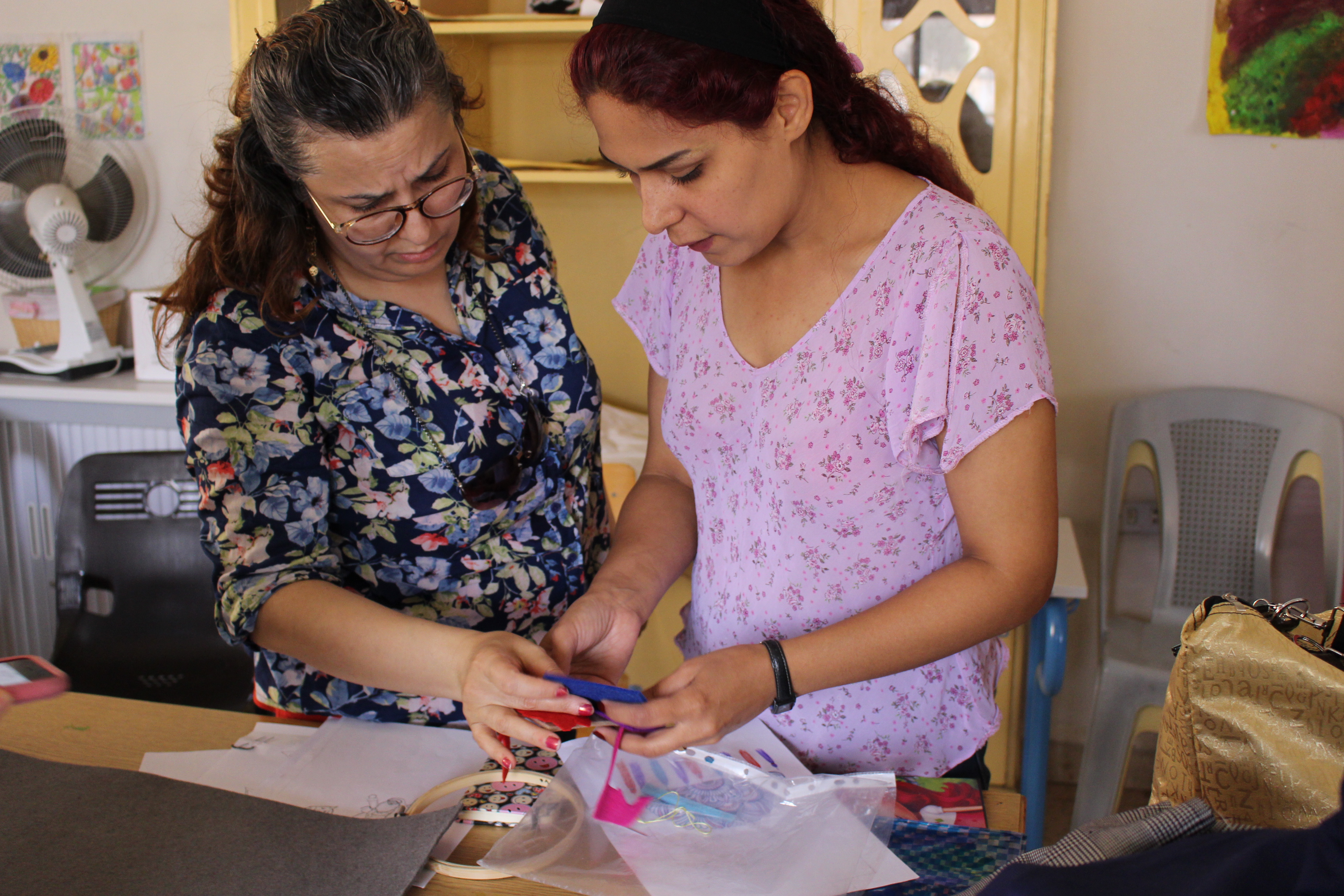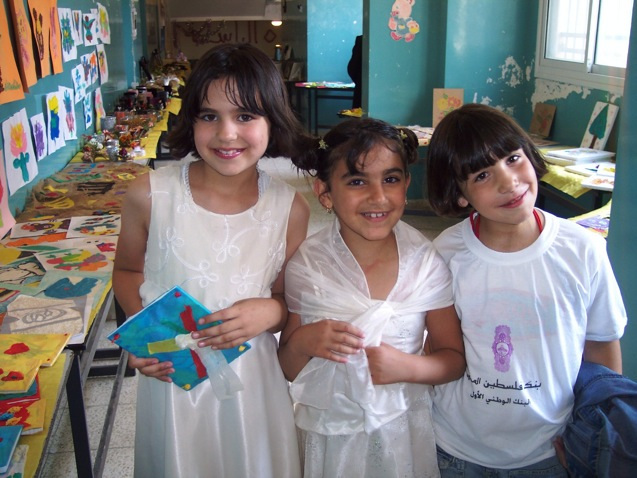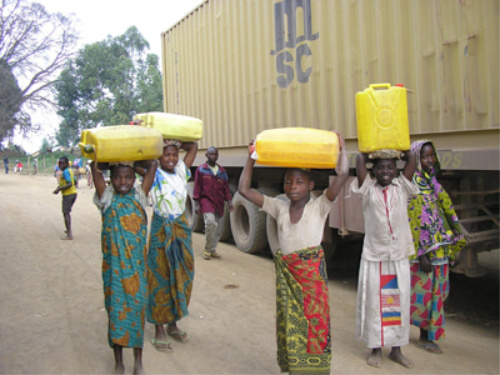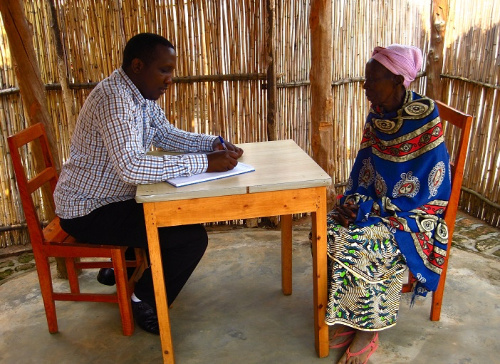
Collateral Repair Project (CRP)- Jordan
Years: 2016 – 2018
Peace Fellows Deployed: 3
Mission: CRP works to bring much-needed assistance to refugees and other victims of war and conflict—those commonly referred to as “collateral damage.” The organization seeks to repair some of this damage and, through these efforts, foster peace and reconciliation.
Challenge and Response
In possibly the worst humanitarian crises of this millennium, millions of Syrians, Iraqis, and others remain refugees, having fled their homes throughout the 2000s a result of violent government repression, war, and extremism. Many of these displaced people have found themselves in neighboring countries like Jordan, where conditions are often less than ideal; for these refugees, opportunities are scarce and the capacity for upward mobility is severely diminished. The Collateral Repair Project (CRP) was founded in 2006 to provide the necessary support systems for disenfranchised refugees, by way of providing basic aid, as well as developing economic growth initiatives within the refugee community.
AP Services
In early 2016, several CRP beneficiaries launched the Hope Workshop, to produce embroidery and other crafts. Their handiwork would be used to spread awareness of the women’s experiences while empowering them and raising money for the Hope Workshop. Between 2016-2018, AP sent three fellows to Amman to volunteer at the Workshop. In those three years, nearly 50 women produced 70 embroidered squares, which were eventually sewn into a wallhanging and 4 beautiful but often jarring quilts. These squares serve to spotlight defining experiences of the embroiderers, sometimes depicting scenes which highlight extreme violence and fear. Between 2016-2018, the efforts of the Hope Workshop embroiderers, AP, and the three fellows produced substantial results. In total, over $12,000 was raised for the Hope Workshop—about $8,000 from GlobalGiving campaigns and almost $5,000 from sold quilts constructed by the Federation of American Women’s Clubs Overseas (FAWCO), which teamed up with AP in 2018. The quilts were used to educate hundreds of students at ten universities about the plight of refugees, and were exhibited in the US, Europe, and Jordan.



